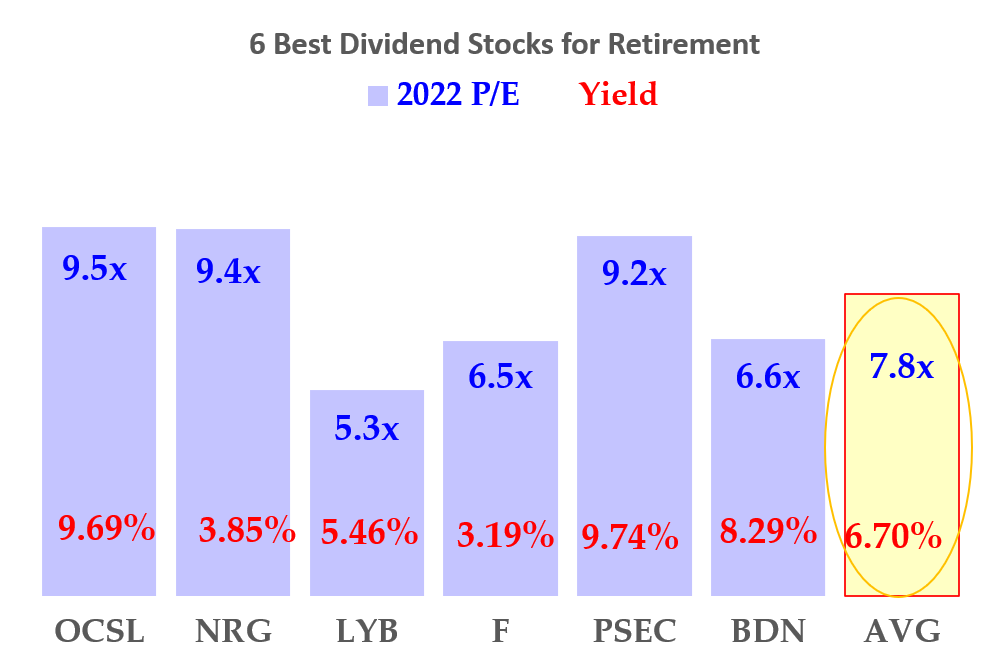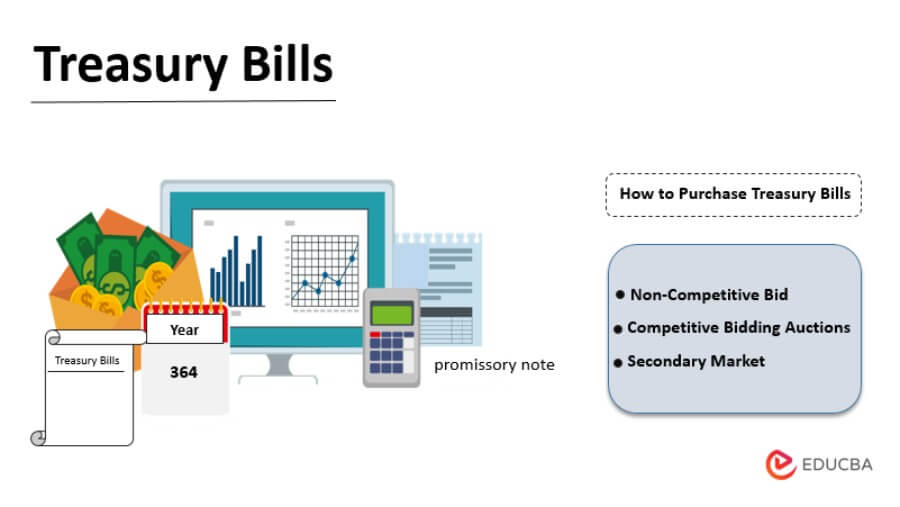
It is important to understand the reaction of CDs and bonds to rising interest rate when comparing them. When interest rates increase, the yields of bonds decrease, while CDs experience the opposite effect. The truth is that investors' bonds will lose face value if interest rates increase. Investors would then have to sell the bonds on the secondary marketplace for less than what they are worth. Conversely, a CD will continue to earn its agreed-upon interest, and it will be worth the full face value of the bond when it matures.
CDs' annual percentage yields are higher that savings account rates.
CDs generally offer better interest rates and are cheaper than savings accounts. CDs may even offer higher APYs than money market accounts. As of January 21, 2020, the average annual percentage yield on a sixmonth CD with a minimum balance of $100,000 is 0.10%. CDs offer lower annual percentage yields that savings accounts, however they offer higher rates of interest. Unlike savings accounts, CDs do not change while the account is open, so they can be a more stable investment. CDs are FDIC insured up to the same $250,000 limit that other bank accounts.

They have higher rates of return
Higher rates of return are offered by high-yield bonds. These bonds are lower-rated than investment grade but offer higher rates of return than government bonds. They are a safer way to invest than stocks. Although they are less risky then stocks, they carry higher credit risk. While stocks offer greater security, high-yield bond may offer better returns. There are many ways to determine which option is safer.
They are more volatile than bonds
CDs have many advantages, but they are also less volatile than bonds. For starters, CDs do not incur trade transaction costs. CDs can be sold before maturity, and unlike bonds, where they must be paid in full at their expiration date. Investors have the option of buying new CDs every five to 10 years. This allows them to keep their retirement money in one account. Bonds are an excellent choice for long-term investors because they can offer diversification and income generation.
They are subject to ordinary income tax
Zinc interest on CDs and bonds are taxable at the same rate as ordinary income, both at the federal and state level. However, the tax rate on interest earned through CDs and bonds is lower than that for stocks or bonds. This is the main reason CDs and bonds can be taxed as ordinary income. However, investors should keep in mind that the tax treatment of the interest earned on CDs and bonds varies widely.

They can be a low-risk investment
CDs can be an attractive investment option for those who are looking to reduce their risk. These certificates of deposit earn a fixed rate of interest and typically have a certain withdrawal date. You can also get up to $250,000 in FDIC insurance. And they're guaranteed by the Federal Reserve System, making them a safe option for many investors. However, there are caveats.
FAQ
Is stock marketable security a possibility?
Stock is an investment vehicle that allows you to buy company shares to make money. This is done via a brokerage firm where you purchase stocks and bonds.
You could also invest directly in individual stocks or even mutual funds. There are more than 50 000 mutual fund options.
These two approaches are different in that you make money differently. Direct investments are income earned from dividends paid to the company. Stock trading involves actually trading stocks and bonds in order for profits.
Both cases mean that you are buying ownership of a company or business. You become a shareholder when you purchase a share of a company and you receive dividends based upon how much it earns.
Stock trading offers two options: you can short-sell (borrow) shares of stock to try and get a lower price or you can stay long-term with the shares in hopes that the value will increase.
There are three types: put, call, and exchange-traded. You can buy or sell stock at a specific price and within a certain time frame with call and put options. Exchange-traded funds are similar to mutual funds except that instead of owning individual securities, ETFs track a basket of stocks.
Stock trading is very popular because investors can participate in the growth of a business without having to manage daily operations.
Stock trading can be a difficult job that requires extensive planning and study. However, it can bring you great returns if done well. To pursue this career, you will need to be familiar with the basics in finance, accounting, economics, and other financial concepts.
What is security in the stock market?
Security is an asset that generates income. Shares in companies is the most common form of security.
A company could issue bonds, preferred stocks or common stocks.
The earnings per shared (EPS) as well dividends paid determine the value of the share.
When you buy a share, you own part of the business and have a claim on future profits. You will receive money from the business if it pays dividends.
Your shares can be sold at any time.
How can I select a reliable investment company?
Look for one that charges competitive fees, offers high-quality management and has a diverse portfolio. The type of security that is held in your account usually determines the fee. Some companies charge nothing for holding cash while others charge an annual flat fee, regardless of the amount you deposit. Others charge a percentage of your total assets.
It's also worth checking out their performance record. Poor track records may mean that a company is not suitable for you. Avoid low net asset value and volatile NAV companies.
You should also check their investment philosophy. A company that invests in high-return investments should be open to taking risks. If they are not willing to take on risks, they might not be able achieve your expectations.
What is the difference?
Brokers specialize in helping people and businesses sell and buy stocks and other securities. They handle all paperwork.
Financial advisors have a wealth of knowledge in the area of personal finances. They are experts in helping clients plan for retirement, prepare and meet financial goals.
Financial advisors may be employed by banks, insurance companies, or other institutions. They could also work for an independent fee-only professional.
Take classes in accounting, marketing, and finance if you're looking to get a job in the financial industry. Also, you'll need to learn about different types of investments.
What is a fund mutual?
Mutual funds are pools that hold money and invest in securities. They provide diversification so that all types of investments are represented in the pool. This helps reduce risk.
Professional managers manage mutual funds and make investment decisions. Some mutual funds allow investors to manage their portfolios.
Mutual funds are more popular than individual stocks, as they are simpler to understand and have lower risk.
What are the benefits to owning stocks
Stocks have a higher volatility than bonds. When a company goes bankrupt, the value of its shares will fall dramatically.
If a company grows, the share price will go up.
For capital raising, companies will often issue new shares. This allows investors the opportunity to purchase more shares.
To borrow money, companies can use debt finance. This gives them cheap credit and allows them grow faster.
People will purchase a product that is good if it's a quality product. The stock's price will rise as more people demand it.
Stock prices should rise as long as the company produces products people want.
Statistics
- Even if you find talent for trading stocks, allocating more than 10% of your portfolio to an individual stock can expose your savings to too much volatility. (nerdwallet.com)
- Individuals with very limited financial experience are either terrified by horror stories of average investors losing 50% of their portfolio value or are beguiled by "hot tips" that bear the promise of huge rewards but seldom pay off. (investopedia.com)
- Our focus on Main Street investors reflects the fact that American households own $38 trillion worth of equities, more than 59 percent of the U.S. equity market either directly or indirectly through mutual funds, retirement accounts, and other investments. (sec.gov)
- Ratchet down that 10% if you don't yet have a healthy emergency fund and 10% to 15% of your income funneled into a retirement savings account. (nerdwallet.com)
External Links
How To
How to Invest in Stock Market Online
You can make money by investing in stocks. There are many ways to do this, such as investing through mutual funds, exchange-traded funds (ETFs), hedge funds, etc. The best investment strategy is dependent on your personal investment style and risk tolerance.
To be successful in the stock markets, you have to first understand how it works. This includes understanding the different investment options, their risks and the potential benefits. Once you've decided what you want out your investment portfolio, you can begin looking at which type would be most effective for you.
There are three main categories of investments: equity, fixed income, and alternatives. Equity refers to ownership shares of companies. Fixed income can be defined as debt instruments such bonds and Treasury bills. Alternatives include commodities like currencies, real-estate, private equity, venture capital, and commodities. Each category has its own pros and cons, so it's up to you to decide which one is right for you.
Once you figure out what kind of investment you want, there are two broad strategies you can use. The first strategy is "buy and hold," where you purchase some security but you don't have to sell it until you are either retired or dead. The second strategy is "diversification". Diversification means buying securities from different classes. If you purchased 10% of Apple or Microsoft, and General Motors respectively, you could diversify your portfolio into three different industries. Multiplying your investments will give you more exposure to many sectors of the economy. You can protect yourself against losses in one sector by still owning something in the other sector.
Another key factor when choosing an investment is risk management. You can control the volatility of your portfolio through risk management. A low-risk fund would be the best option for you if you only want to take on a 1 percent risk. However, if a 5% risk is acceptable, you might choose a higher-risk option.
The final step in becoming a successful investor is learning how to manage your money. The final step in becoming a successful investor is to learn how to manage your money. A plan should address your short-term and medium-term goals. It also needs to include retirement planning. This plan should be adhered to! Keep your eyes on the big picture and don't let the market fluctuations keep you from sticking to it. Stay true to your plan, and your wealth will grow.